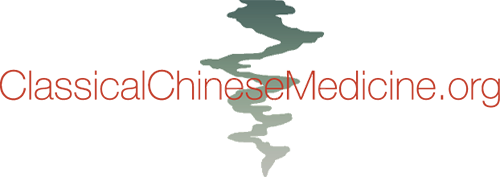The Story of Tea: The First Herb of Chinese Medicine (Part 4)
YANG TAILUN
HEINER FRUEHAUF
In this passionate presentation about the history and pursuit of tea as a medicinal substance, Master Yang Tailun delights his audience with intricate details that are inspiring beyond the magnetic spell of the plant itself. He weaves his lived experience in the ancient home of the Camellia sinensis plant in Southwest China together with the history of medicine, poetry, travel, and trade as well as the passion for life itself.
